UMass will lead regional transportation research center
| Published: 04-17-2023 5:09 PM |
AMHERST — Traffic fatalities were up more than 10% year-over-year nationally in 2021, as the per-mile rate of deaths for Black and Hispanic Americans remains much higher than the per-mile rate of deaths for white Americans. Those of low socioeconomic status are also more likely to be involved in fatal crashes.
Understanding this data and promoting equitable safety is at the forefront of research, education and technology at the University of Massachusetts Transportation Center which, while previously active in the New England Region’s University Transportation Center from 1987 to 2017, is assuming leadership of the consortium of universities and colleges.
“Despite traffic safety advances, roadway fatalities in 2021 were the highest in over a decade, and up more than 10% from 2020,” said Michael Knodler Jr., director of the UMass Transportation Center and a professor of civil and environmental engineering in the College of Engineering.
Knodler said in a statement that UMass is excited to take on the new role in the regional center, formed through a congressional mandate. In the lead role, UMass will focus on the societal impact of its research and education and address transportation challenges such as safety, equitable access and community engagement.
Knodler is joined by Shannon Roberts, associate director and assistant professor of mechanical and industrial engineering and co-director of the Arbella Insurance Human Performance Laboratory, in overseeing the UMass center, which will have a more formal role in helping to set the region’s priority and focus areas, and will receive increased funding to carry out the center’s mission.
“The time to make a generational impact in equitable transportation safety is now,” Roberts said.
The regional hub, the New England Regional 1 consortium, is supported by a $15 million, five-year grant from the U.S. Department of Transportation. It’s one of one of 10 regional centers across the country, along with five national centers and 20 Tier 1 centers. Besides its involvement in the regional University Transportation Center when MIT was the lead, UMass has, for the past decade, been active in the Tier 1 University Transportation Center called Safer Sim, or Safety Research Using Simulation, led by the University of Iowa.
President Joe Biden’s infrastructure package includes $90 million annual for University Transportation Center program grants. The federal DOT received 230 grant applications, the most ever in the program’s 35-year history.
Article continues after...
Yesterday's Most Read Articles
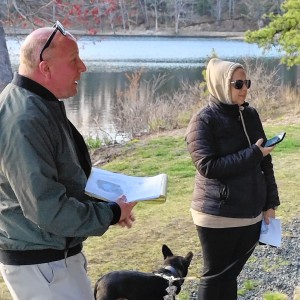 Plan calls for upgrades to Silver Lake in Athol
Plan calls for upgrades to Silver Lake in Athol
 Magic comes to Red Apple in Phillipston
Magic comes to Red Apple in Phillipston
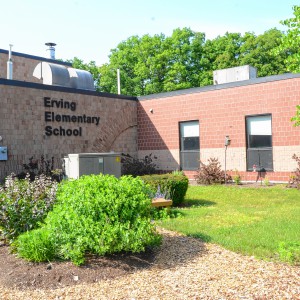 Parents question handling of threat at Erving Elementary School
Parents question handling of threat at Erving Elementary School
 On The Ridge with Joe Judd: What time should you turkey hunt?
On The Ridge with Joe Judd: What time should you turkey hunt?
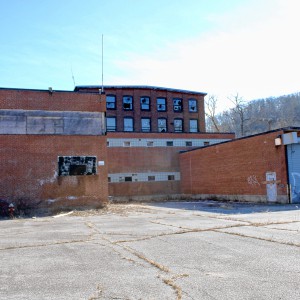 Erving rejects trade school’s incomplete proposal for mill reuse
Erving rejects trade school’s incomplete proposal for mill reuse
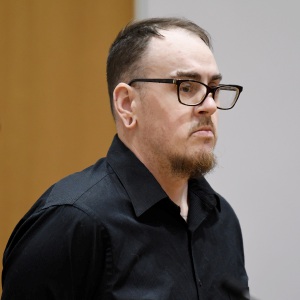 Orange man gets 12 to 14 years for child rape
Orange man gets 12 to 14 years for child rape
Besides UMass, regional consortium members are the University of Connecticut, MIT, the University of Maine, the University of New Hampshire, the University of Rhode Island, Norwich University and Holyoke and Bunker Hill community colleges.
U.S. Rep. Jim McGovern said in a statement that he is thrilled UMass is taking the leadership role.
“Billions of dollars are being invested through the bipartisan infrastructure bill, and now UMass will be at the forefront of ensuring that this money is spent wisely, justly and efficiently,” McGovern said.
The four priority areas for the University Transportation Center’s mission are:
■Improving safety through an equity lens.
■ Developing smart infrastructure and reducing congestion through various advances, such as telecommunications, sensors and driver assistance systems.
■Promoting safety for all modes of transportation, especially for vulnerable individuals from underserved communities.
■ Developing new approaches to ensure safety between automatic vehicles and all road users.
The infusion of money will also allow UMass to continue using some of the larger pieces it already has at its center, such as the driving simulator and instrumented vehicle.
“We do also envision both adding technological capabilities here on campus and within the consortium while also developing new technology ourselves,” Knodler said.
Scott Merzbach can be reached at smerzbach@gazettenet.com.
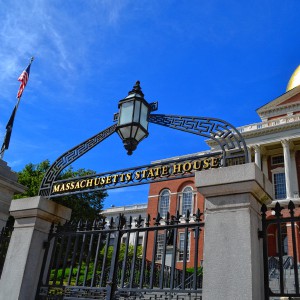 Over $400M in shelter funding, new limits approved
Over $400M in shelter funding, new limits approved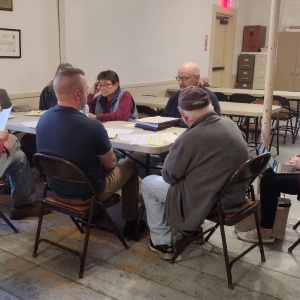 Royalston’s FinCom debates proposed salary increases
Royalston’s FinCom debates proposed salary increases PHOTO: Spectacular spire
PHOTO: Spectacular spire Locking up carbon for good: Easthampton inventor’s CO2 removal system turns biomass into biochar
Locking up carbon for good: Easthampton inventor’s CO2 removal system turns biomass into biochar